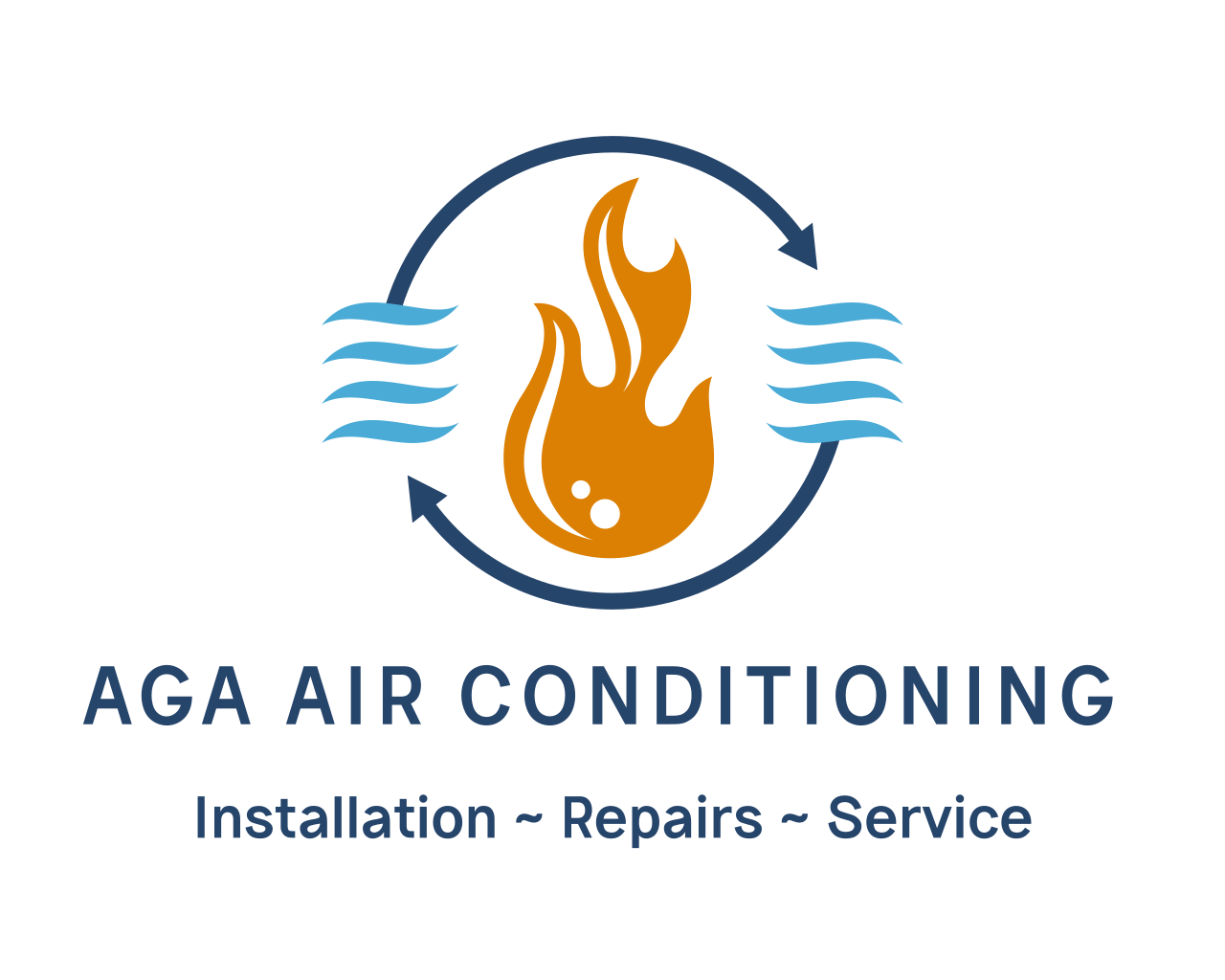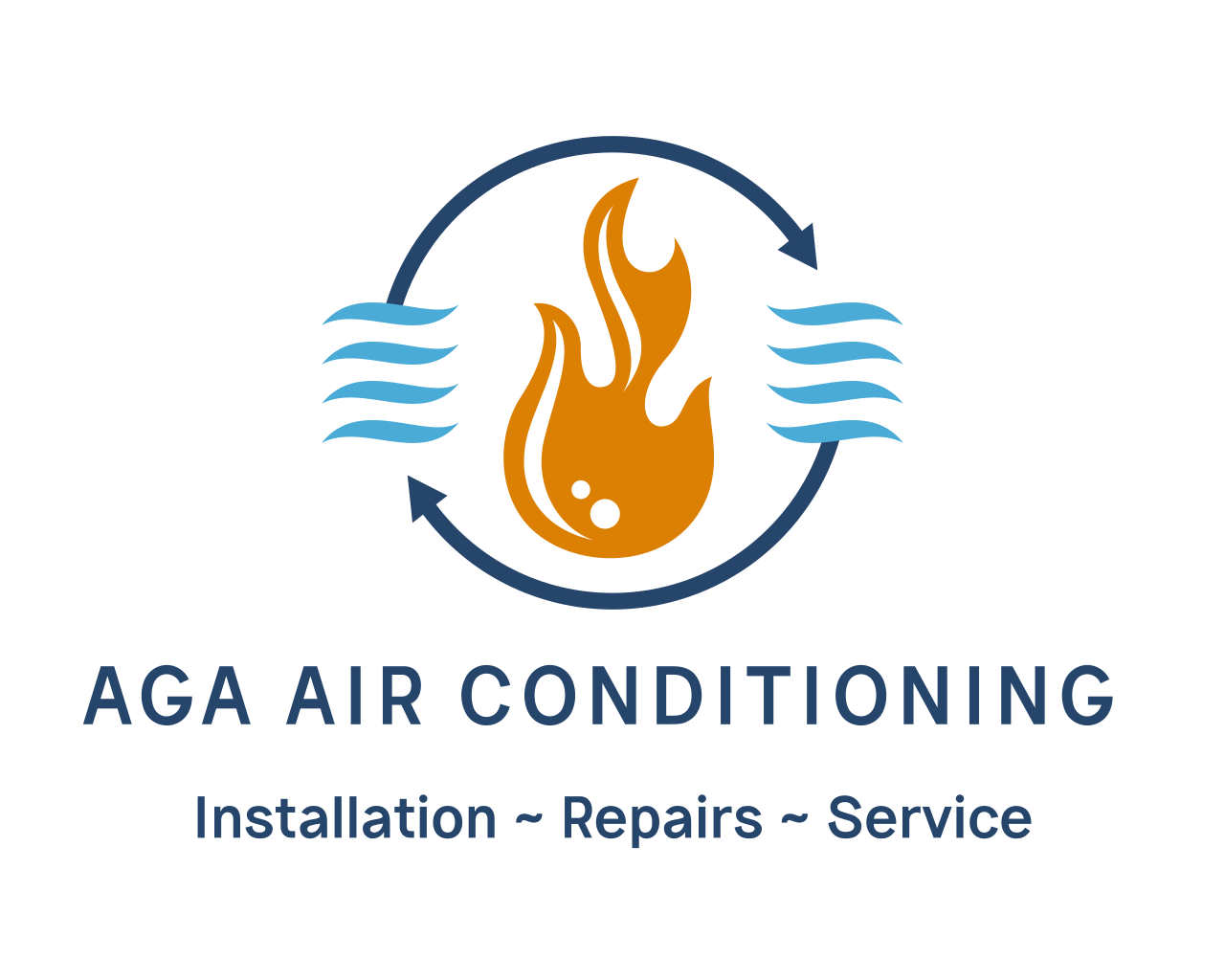How To Identify Strange Noises From Your Heating System
Hearing strange noises from your heating system can make anyone stop and listen.
During Canberra winters, your heater is one of the hardest working appliances at home, so when it starts making odd sounds, it’s normal to feel unsure about what’s wrong or whether it’s something to worry about. The truth is, heaters are usually quiet, and when they’re not, it's often a warning sign that something’s not quite right.
Leaving unusual sounds unchecked could lead to bigger problems over time, from increased strain on parts to full system breakdowns. That’s why paying attention right away is a smart move. Picking up on the warning signs early can help avoid costly repairs, keep things running smoothly, and get your home back to feeling warm and quiet again.
Common Noises And What They Mean
Each sound tells its own story. If your heater starts to rattle, whistle or bang, it’s trying to get your attention. Here’s a breakdown of common noises and what might be going on:
- Rattling: Often, this points to loose panels, screws, or interior parts that have shaken out of place. It might seem minor, but ignoring a small rattle can lead to more damage down the line.
- Banging or clunking: These louder sounds can happen when something ignites or shuts down roughly. In gas heaters, a delayed ignition could cause a bang when the burner finally lights. If it’s more of a consistent knocking, it might be something stuck inside the ductwork or issues with the fan or motor.
- Whistling: This usually comes from air trying to squeeze through a blocked or narrow passage. Dirty filters, closed vents or broken ductwork could be the reason.
- Humming or buzzing: Low humming can be normal, but if it gets louder or starts buzzing, you could be dealing with an electrical issue or a bad motor bearing.
To give a quick example, if you hear a whistling sound every time your heater kicks on, it might just be a clogged air filter. Replacing it could quiet the system right away. On the other hand, if the whistling keeps going even after cleaning, then there could be a deeper issue in the ducts or blower.
While some noises are harmless and come from normal operation, others are red flags. The tricky part is knowing which is which, so keeping track of when it started, how long it's been happening, and how often it occurs can help a technician figure out what’s going on faster.
Steps To Take When You Hear Strange Noises
When strange noises start, it’s best not to wait and see if they go away. Here’s a simple plan to follow:
1. Turn down the thermostat: If the noise is loud or sudden, lower the temperature to let the system calm down. If the noise stops, you’ve got a hint that it’s linked to how the unit starts or stops.
2. Shut off the unit if sounds continue: If noises are persistent or sharp (like banging or squealing), turn off the system altogether. It’s better to play it safe than risk damage.
3. Take note of what you hear: Write down what kind of sound you heard, where it seemed to come from, and whether it happens frequently or randomly. This’ll help later when explaining the problem to a technician.
4. Check vents and filters: Sometimes, a blocked vent or a full filter can cause airflow that’s too strong or too weak. Swapping the filter is worth doing if it hasn’t been changed in a while.
5. Avoid poking around inside: While it’s okay to take a look from the outside, pulling things apart without knowing how they fit together could make the issue worse. That’s a job for experienced pros.
Noises are a warning system. Whether it’s something simple or a more complicated issue, responding quickly helps stop bigger problems later. The sooner you act, the better chance you have of avoiding the heater suddenly stopping on a cold Canberra night.
Why Professional Help Is Important
Once strange heating noises show up, it’s best not to second-guess the issue too long. While it might seem harmless at first, a single loose bolt or faulty component could lead to bigger issues like system breakdowns or even safety risks. Getting an experienced technician involved means they’ll check, diagnose and handle the problem properly the first time.
Experienced techs know what to listen for and where to look. They’ll trace the noise back to its actual cause, whether it’s inside the motor housing or somewhere deeper in the system. What sounds like a simple rattle might turn out to be a worn-out part that’s just about to fail. Unlike a quick online fix or guesswork, proper servicing takes skill and the right tools to be done safely.
There’s also the risk of things getting worse if you try to tinker with it on your own. A slipped hand or wrong adjustment can end up causing more damage than the original issue. In some cases, especially with gas-based heating, it can even be unsafe. Canberra winters aren’t forgiving, and no one wants their heater quitting in the middle of July. That’s why getting it looked at sooner rather than later is always the safer call.
Prevention Tips To Avoid Strange Heating Noises
The best way to handle strange noises? Stop them from showing up in the first place. While wear and tear are part of owning any heating system, there are a few simple things you can do to cut down the chances of problems cropping up:
- Book regular servicing: Having your heater professionally checked once a year, preferably in autumn, can catch worn parts and loose fittings before they start making noise.
- Keep filters clean: Dirty filters force your system to work harder, which can lead to noisy airflow or even motor strain. Check and replace filters regularly during the winter months.
- Clear vents and outlets: Make sure return and supply vents around your home are clear of furniture, rugs, or anything that blocks the airflow.
- Look out for early signs: If the heater sounds different, even if it’s still heating well, don’t ignore it. Soft humming today can turn into harsh banging by next week.
- Upgrade older systems: If your heater is over a decade old and regularly making noise, it could simply be past its best. Getting a newer, more efficient unit can cut down future service calls.
Each of these steps helps reduce the wear on your heating system. They're simple additions to your usual home tasks but can extend the life of your unit and keep things running quietly.
Keep Your Heating Unit Running Smooth And Quiet
Heating systems don’t start making noise for no reason. When something sounds off, it probably is. Whether it’s a whistle, bang or rattle, strange noises serve as an early heads-up that attention is needed. Ignoring them doesn’t make them disappear. It often invites bigger trouble. The good news is that most heating problems start small, and when handled early, they stay that way.
Canberra winters can be long and cold, and having a quiet, fully working system gives peace of mind and proper comfort. Listening to your heating unit is one of the simplest ways to keep it going strong. Regular servicing, prompt attention to new sounds and keeping the system clean are all small efforts that make a big difference. When strange noises pop up, knowing what to look for and when to call in help means fewer surprises and a much warmer home.
When it comes to keeping your home cosy during the Canberra winter, ignoring strange sounds from your heating system isn't worth the risk. Whether it's a small fix or something more involved, getting expert help can save you stress and keep your home comfortable. At AGA Air Conditioning, we're here to help with reliable and timely heating services you can count on. Stay safe, warm, and worry-free all season long.



